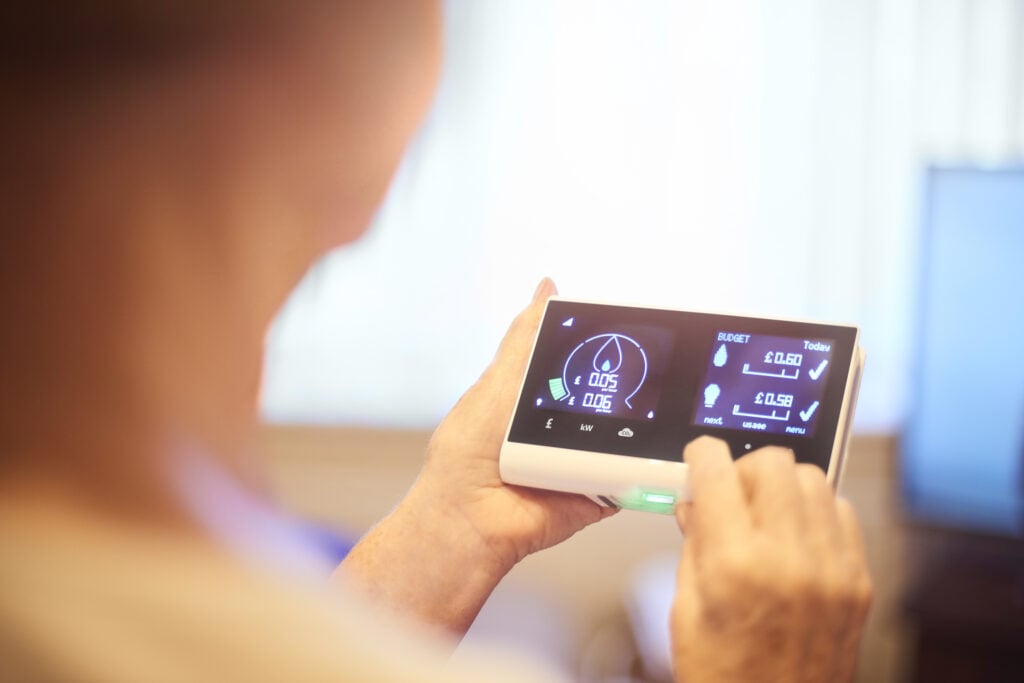The Data Communications Company (DCC) is suggesting that the creation of free-to-access data exchanges could support the move to net zero.
The data exchanges – which the DCC said would need to be created in collaboration with other organisations – would give secure, free – or at cost, although the DCC was clear it would be not for profit – access to system data from the DCC’s nationwide smart meter platform.
The company stated that the ability to analyse and use granular detail about the smart meter system, as well as the ability to combine it with data from other organisations, could be a “game-changer” for net zero.
The DCC gave examples of emerging propositions using smart meter data, including the integration of datasets to steer policy, regulation and planning, with this helping to assess the impact of a new energy system, enhance existing models planning for low carbon heating and understanding how economic events or extreme weather affects consumer behaviour.
It also pointed to estimations from the Energy System Catapult that the insights and cross-network learning that could be derived from DCC data could help realise savings of up to £2.4 billion.
The DCC outlined how the more securely accessible system data there is, the greater the opportunities are for integration and innovation. It gave the example of electric vehicle (EV) charging, an area it said it could already see potential in. Accelerating EV adoption through the re-use of its communications and interoperability would offer speed of implementation, efficiency and value for money as well, it said. It would also enable controlled access to a nationwide dataset of EV charge points, servicing any car, any chargepoint and any tariff.
This combined with energy usage and tariff information could enable a better-balanced grid and informed policy development, the DCC continued, while enabling consumers to generate income from flexibility propositions.
Angus Flett, CEO of the DCC, detailed how when the rollout of smart meters has finished, there will be around 53 million interoperable meters connected to over 30 million homes and small business, stating that the value of the data generated on that network in supporting decarbonisation is “monumental”.
“With the collective efforts of government, industry players and indeed consumers, we can greatly accelerate this mission to the benefit of all in society.”





